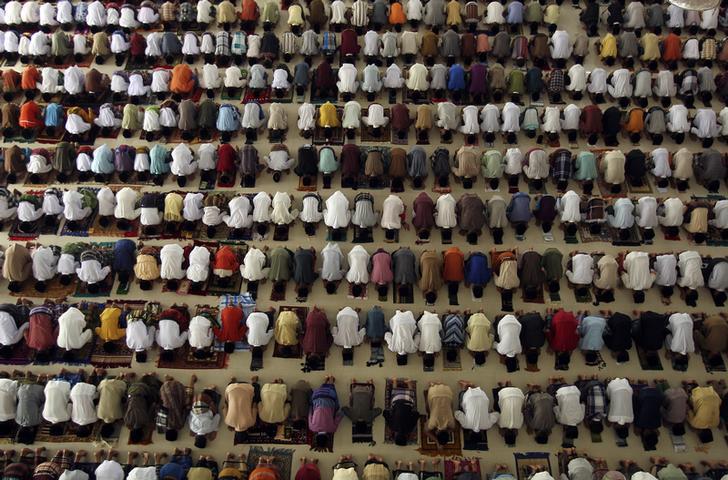[Jennifer Trahan is an Associate Clinical Professor at the Center for Global Affairs at New York University.]
As Jens Ohlin has written, a highly awaited verdict came out Wednesday, November 22, sentencing Ratko Mladic, former commander of the Main Staff of the Bosnian Serb Army (VRS), to life in prison for genocide, war crimes and crimes against humanity committed from 1992-1995.
The verdict was not unexpected given Mladić’s lengthy trial, and that his involvement as commander of the troops who committed the Srebrenica massacre was recorded on well–known news footage. Wire intercepts of his communications were until recently hanging on display on the walls of the Potočari memorial near Srebrenica, in the former battery factory that had also housed UN peacekeepers.
This high-level verdict is an extremely significant one for the ICTY. Mladić was convicted of:
- genocide and persecution, extermination, murder, and the inhumane act of forcible transfer in the area of Srebrenica in 1995;
- persecution, extermination, murder, deportation and inhumane act of forcible transfer in municipalities throughout Bosnia;
- murder, terror and unlawful attacks on civilians in Sarajevo; and
- hostage-taking of UN personnel.
The only count of which he was acquitted was the “greater genocide” theory—genocide in additional municipalities in Bosnia in 1992. The verdict is subject to appeal, as is the sentence.
These were extremely brutal crimes with large numbers of victims—over 8,300 alone in and around Srebrenica, over 13,000 in Sarajevo, after a multi-year campaign of sniping and shelling its citizens. The ICTY’s proceedings were extensive, thorough, (and lengthy). Trial commenced in May 2012, and according to the ICTY, there were 530 trial days, 592 witnesses, and nearly 10,000 exhibits introduced into evidence.
While the verdict is coming late in the day no doubt for some victims and their families (for example, 22 years after the Srebrenica massacre), this is not entirely the ICTY’s fault. Mladić spent nearly 16 years on the run, and was only captured and sent to The Hague in 2011.
Well-done trials of international tribunals also take time, particularly when so many victims and so many crimes are involved. Funder states often complain about the high costs of international trials, but these costs pale in comparison to peacekeeping expenditures that might have been required had high-level perpetrators not been indicted and apprehended. And, if one measures the number of crime scenes involved or number of victims whose crimes were adjudicated, then costs seem not nearly as high. States’ representatives and tribunal critics who make these cost arguments should reflect: would they really like to argue to remaining family members that justice for their loved ones is not worth it?
Victims may or may not feel some “closure” at this verdict. Complete closure is of course impossible, as no one can restore their loved ones. But hopefully surviving victims and family members of those who did not survive will take some measure of solace from the verdict.
As Marko Milanovic has written, denial of crimes and partial denial of crimes is still a pervasive problem among certain communities in the former Yugoslavia (particularly in Repŭblika Srpska and Serbia), and today’s verdict is not anticipated to change that. Yet, establishing the facts, hearing witness testimonies, and introducing documentary evidence is extremely significant in its own right, and helps create a solid record that makes denial harder, and perhaps will make it gradually less and less plausible.
Finally, the Mladić verdict can also give us hope for future prosecutions—that justice is sometimes delayed, but remains possible and one needs to remember this. For years (when I was a junior attorney at Human Rights Watch) there was only an “arrest Mladić and Karadžić campaign,” and we had no idea if these two fugitives from justice would ever be apprehended. It took years of concerted pressure and economic leverage from the US and the EU, but the arrests did occur, and the trials did occur. So, as we look on as mass crimes continue today in other countries (such as Syria and Myanmar), and the geopolitical roadblocks to seeing any kind of comprehensive justice solutions, we should remember this long trajectory that the ICTY’s work took, and the need to stay the course.










